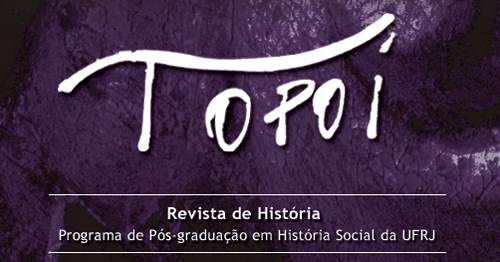ABSTRACT
This study analyzes agricultural technification in Brazil’s Southern Border during the Great Acceleration, arguing that conflicting episodes involving human and non-human elements exemplify disputes in the scientific, technological and industrial field between elements such as the dominant - but “decadent” - lard versus the versatility of vegetable oil from soybeans. This battle between oils and fats has also produced social struggles and new hierarchies, not only regionally, but at multiple scales. Methodologically, this study intersperses the analysis of regional events with national and global changes, connecting to economic, political and scientific debates and their claims to manage pigs, soy and viruses. In theoretical-methodological terms, from an approach that combines environmental history, history of science and environmental studies, this article articulates the relationship between humans and non-humans in the construction of historical processes such as the technification of agriculture in the region.
Keywords
Anthropocene; Great Acceleration; Multi-species Approach; Agricultural Technification; African Swine Fever
